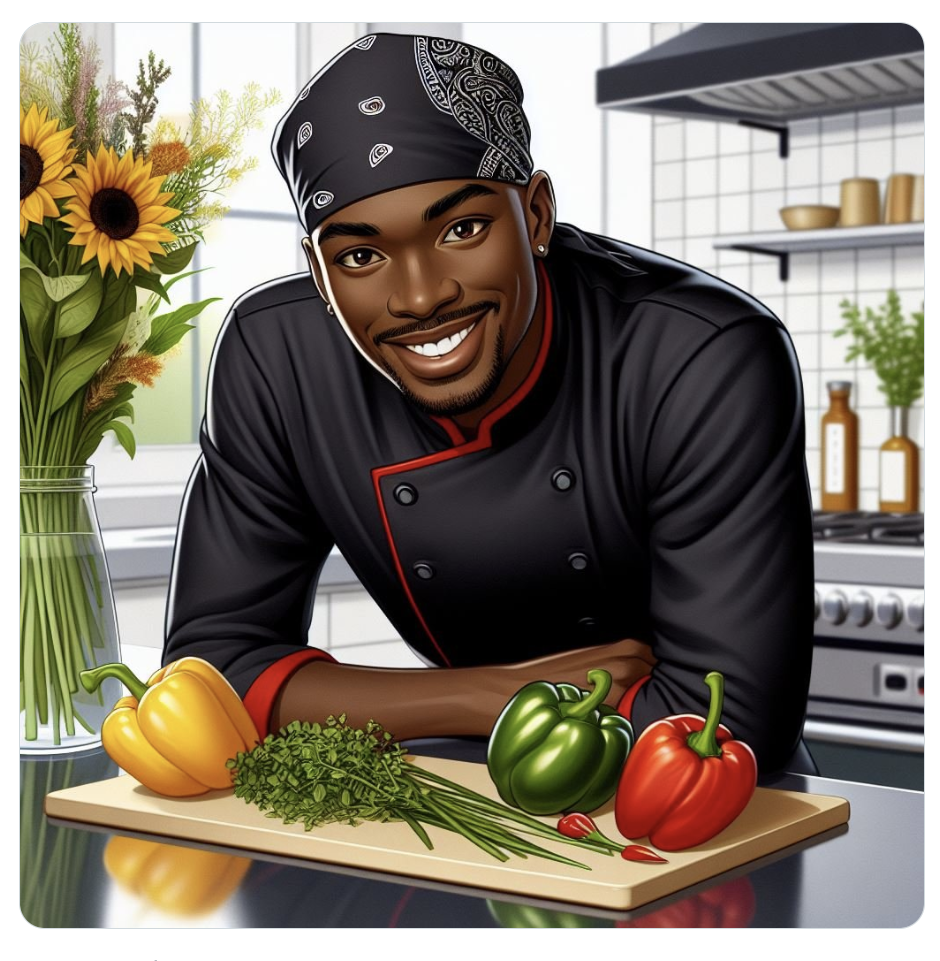Investing Beyond Food and Culture with Historical Significance
MAY SPOTLIGHT:
Investing Beyond Food and Culture with Historical Significance
Q &A With Daryn Dodson, CEO of Illumen Capital
Have you ever heard the saying, ‘you are what you eat’? It explains why there is a deep-rooted connection between culture and food, especially when traditions are passed down through generations. Food has been historically marginalized but became a catalyst to inspire demographic groupings to keep heritage and preserve traditions. Black History month historically has been the time we celebrate the achievements and contributions of Black Americans. But what happens to the conversation about Black entrepreneurship once February ends? My recent conversation with Daryn Dodson, CEO of Illumen Capital, a fund of funds focusing on reducing implicit bias within the investment industry, explored the impact of food, culture, and the challenges and opportunities facing people of color.
Kevin Walters: The SCOTUS ruling had a detrimental impact on Black History Month this February. Let's not overlook the fact that it has affected VC funding for Black-owned businesses. Can you shed some light on how significant the impact has been?
Daryn Dodson: Based on the number of promised corporate commitments, it seemed to many like Black-owned businesses were progressing, but venture capital funding dropped significantly after the peak of 2021. 2023 was the year in which capital to Black founders dropped below 1%, the lowest it’s been in recent history and a stark reminder that transformative change is necessary. Right now, only 1.4% of $82 trillion in capital is managed by women and people of color, which is not representative of U.S. population demographics. As part of our Stanford SPARQ research studies, we found that when Black-led funds outperformed, they faced additional biases in the industry.
Kevin Walters: There are stereotypes about food. One is that ‘you are what you eat.’ Is this also applicable to investing? Do vegans or healthy eaters invest conservatively? Do fast food eaters take more risks? Do investors have specific attributes and traits that align with their culture and eating behaviors?
Daryn Dodson: There is power in food. I lived in New Orleans and had the privilege of working with Leah Chase and several entrepreneurs who rebuilt their restaurants after Hurricane Katrina. Feeding people is one of the most critical parts of the entrepreneurial ecosystem. Unsurprisingly, Dr. Martin Luther King organized within Leah Chase's restaurant to take on the systems of structural racism. He and other civil rights leaders ate incredible food, and shortly after that, he went to Washington, D.C., to tell people about his dream. Food and transformational movements are inextricably bound and can be used in powerful and important ways.
Kevin Walters: Do people of color tend to invest differently based on trends, cultural upbringing, and background?
Daryn Dodson: It's the 100th anniversary of my great-grandfather's century-old company. His name was Norris A. Dodson. He was a chemist who built a business focused on embalming fluid for Black people, preserving skin pigmentation. This idea came from a real need in our community to be able to mourn the loss of loved ones as we were used to seeing them. What some might call trends, others might say, is the genius of need and innovation to address societal pain points.
Kevin Walters: I'd love to understand some of the personal barriers you may have experienced as a venture capital owner and the advice you would give aspiring Black investors.
Daryn Dodson: Illumen Capital’s research with Stanford SPARQ suggests that barriers increase, the better Black managers perform. I live out our thesis every day as a manager who strives to build toward top performance in the asset management business. As a fund of funds manager, I fight against the existing currents of bias that others like me face as they seek to outperform. I recommend that all asset allocators read our research to understand and adjust to the barriers overlooked and underestimated fund managers face.
Kevin Walters: What is your favorite food? Do you have a family recipe you want to share?
Daryn Dodson: When I lived in New Orleans, I had the opportunity to assist in the creation of The Po’boy Festival. The diversity of culture was amazing. We would sell 17,000 sandwiches in one day and invite leading food critics and judges to participate in the festival. We had over 300 mom-and-pop Po’boy shops join forces from across the city, and all the sandwiches had their own origins and history. Food with meaning is important. Food like the fried shrimp Po’boy, the roast beef Po’boy, and the red fish Po’boy come from a history of systemic change, inclusivity, and transformation which is important to me. Those fighting for better working conditions in the 1930s during the Great Depression embraced the Po’boy sandwich thus the name and the importance of its role in a history of transformation. Again, food is fuel for change.
Kevin Walters: Well, Daryn, we are coming to the end of our time, but I must ask you who the best cook in your family is. Can you cook? And if yes, what types of food?
Daryn Dodson: Yes, I can cook, but my two grandmothers from St. Louis and Jefferson City respectively are the best cooks in my family and their recipes have passed down to our generation. They cooked ribs, and other barbecues as part of our legacy and tradition, but their bread pudding is at the top of the list.
Kevin Walters: My grandmother from Jamaica was the best cook in my family, too. On that note, I will end our time, but I want to thank you for taking the time to talk to me about your company, the impact of food, and how we can impact and build financial wealth within our communities. I hope we get to do this again real soon.







